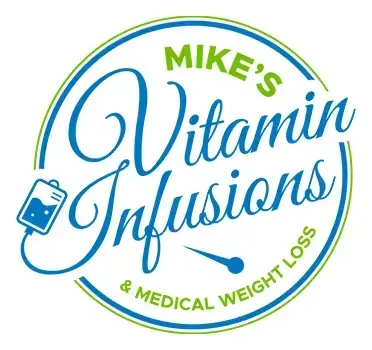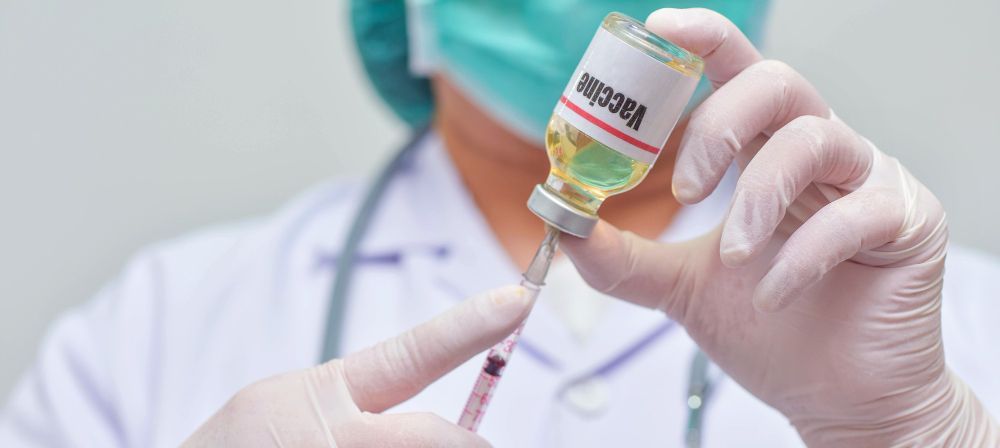Does Insurance Cover IV Therapy? Costs, Coverage & Options
Does insurance cover IV therapy? The answer isn’t a simple “yes” or “no” it depends on the why, how, and under what circumstances you're getting the infusion. When an IV is medically necessary, for instance, treating severe dehydration, administering antibiotics, delivering chemotherapy, or supporting chronic conditions like malabsorption or nutrient deficiencies, most insurance plans, including Original Medicare, may provide coverage, though prior authorization and specific billing codes are often required.
In contrast, when IV therapy is elective or wellness-oriented, such as for hangover relief, beauty, energy boosts, or general hydration, it rarely meets the threshold of medical necessity and is typically not covered by insurance.
When Does Insurance Cover IV Therapy?
Short answer: Only when it’s medically necessary, ordered by your clinician, and performed in a clinical setting (hospital, infusion center, or qualified home-infusion program) with proper documentation and, often, prior authorization. Routine “wellness” IV drips from mobile lounges or spa-style providers are typically cash-pay and not covered.
Real-World Cases Where IV Therapy May Be Covered
- Severe dehydration or inability to keep fluids down — IV fluids to stabilize you when oral hydration isn’t possible.
- Can’t take pills or they don’t work — IV medicines (e.g., anti-nausea or antibiotics) when oral routes fail or aren’t safe.
- Serious infections requiring IV drugs — clinician-directed courses at hospital/infusion center or in a supervised home-infusion program (e.g., osteomyelitis, endocarditis).
- Cancer treatments and supportive infusions — chemotherapy, immunotherapy, biologics, and medically necessary hydration/anti-nausea meds.
- IV iron for confirmed anemia — when oral iron is not tolerated or ineffective.
- IVIG for immune disorders — or biologic infusions for certain autoimmune conditions, when prescribed by a specialist.
- Nutrition/malabsorption support — total parenteral nutrition (TPN) or targeted IV nutrients when the gut can’t absorb enough.
- Kidney-protection hydration around procedures — select cases (e.g., high-risk contrast imaging) when ordered by your physician.
Situations When Insurance Does Not Cover IV Therapy
- Elective “wellness” IV drips (energy, beauty, hangover, athletic recovery) from mobile or lounge providers are typically cash-pay.
- Self-booked IVs without a diagnosis or without a clinician’s plan of care and documented medical necessity are usually not covered.
- Out-of-network or cash-only providers that don’t bill insurance (most IV lounges): payment is generally cash/credit or HSA/FSA, not traditional insurance.
How to Check if Your Insurance Covers IV Therapy

Before you book, remember that many plans require referrals or prior authorization,national consumer guidance from the NAIC explains what these are and how to avoid denials.
- Ask your clinician for the exact diagnosis, treatment plan, and place of service (hospital, infusion center, or home infusion).
- Call your insurer to confirm benefits, prior authorization needs, and your copay/coinsurance for the specific infusion code.
- Ask the provider if they bill insurance or are cash-pay only, and request an itemized receipt if you’ll submit a claim yourself or use HSA/FSA.
Bottom line: Coverage depends on medical necessity, clinical setting, and documentation; wellness IVs are rarely covered.
Realistic IV Therapies Insurance Usually Doesn’t Cover (and Why)
- Hangover IVs — Considered elective/lifestyle care; symptoms are typically self-limited and respond to oral hydration and rest, so not medically necessary.
- Beauty/anti-aging drips — Cosmetic goals (skin “glow,” hair/nail strength) lack a diagnosis-based medical need and strong clinical evidence.
- Energy or focus blends — Vitamin/amino “performance” cocktails are wellness services, not treatment for a documented condition with measurable outcomes.
- General “immune booster” infusions — Preventive/wellness use (e.g., high-dose Vitamin C) is not required medical therapy unless tied to a documented deficiency or disease.
- Athletic recovery IVs — Classified as performance enhancement, not essential medical care.
If there’s no diagnosed condition, no medical-necessity documentation, or the goal is cosmetic/performance/wellness, insurers typically don’t cover it. If you’re wondering “Does insurance cover IV therapy?” it most often does only when a clinician documents a necessary treatment for a specific diagnosis.
Why Insurers Reject These IV therapy Services
Health plans pay for care that is medically necessary to diagnose or treat a documented condition. Most lounge-style or mobile wellness IVs don’t meet that bar: there’s no qualifying diagnosis, no physician-directed treatment plan, and the setting may not be credentialed for insurance billing. Without the right ICD-10 diagnosis, medical-necessity notes, and an approved place of service, claims are routinely denied.
Insurers also look for appropriate, lower-cost alternatives and evidence of benefit. For hangovers, general “immune boosts,” beauty/anti-aging, or performance recovery, typical first-line options (rest, oral hydration, nutrition, standard medications) are considered sufficient, and peer-reviewed data for added benefit from wellness IVs is limited. Because the purpose is often elective or lifestyle-oriented rather than essential medical care, plans classify these drips as non-covered.
Does Mike’s Vitamin Infusions Accept Insurance for IV Therapy?
No. Mike’s Vitamin Infusions does not bill or accept insurance for IV therapy. All visits are out-of-pocket. You can pay by card, and many services are HSA/FSA-eligible (save your receipt for reimbursement). If you’re asking “Does insurance cover IV therapy?” at Mike’s, plan for self-pay unless your insurer separately reimburses you.

Can emergencies at Mike’s Be Covered by Insurance?
Mike’s is a mobile wellness provider, not an emergency department or hospital. For emergencies, call 911. Generally, insurers consider coverage for IV treatment when it’s medically necessary and performed in a hospital, infusion center, or qualified home-infusion program under a clinician’s order—not at cash-pay wellness providers.
How Mike’s Service Ecosystem Works (What to Expect)
- Mobile, nurse-led care: Licensed nurses come to your home, office, hotel, or event across North Georgia.
- Easy scheduling: Fast online booking; Mon–Sat, 8am–8pm availability.
- Transparent menu: Clear ingredients and pricingbefore you book.
- Payment: Out-of-pocket with card; HSA/FSA welcomed for eligible services.
Final Take
Does insurance cover IV therapy? In most cases, only when it’s medically necessary, ordered by your clinician, and delivered in an approved clinical setting. Wellness-focused IV drips are typically cash-pay. If you’re unsure, confirm prior authorization and benefits with your insurer, and ask your clinician about the diagnosis and place of service so you know exactly what’s covered.
At Mike’s Vitamin Infusions, we keep things simple: transparent pricing, HSA/FSA-friendly payments, and nurse-led mobile care at your home, office, or hotel across North Georgia. If you’re comparing IV therapy insurance coverage vs out-of-pocket costs, our team can walk you through the menu, pricing, and what to expect—so you can make a confident, informed choice.





